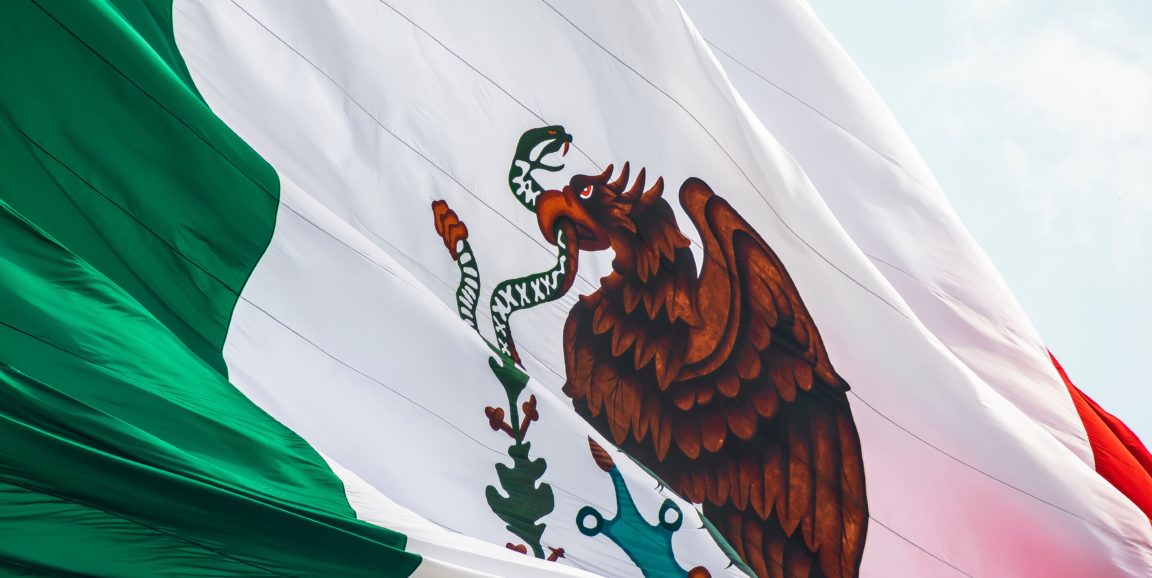Genetic counselors have become an increasingly common -- and critical -- part of modern medicine. And while their presence in patient care has been effectively ramped up in the United States, some countries such as Mexico are still developing the infrastructure needed to support widespread genetic counseling.
Now, a team of scientists led by Daiana Bucio, MS, a genetic counselor who graduated from Stanford Medicine's Program in Human Genetics & Genetic Counseling, and Arturo Pineda, PhD, a research engineer at Stanford and native of Mexico, have spearheaded an effort to understand the barriers to large-scale genetic counseling there, and how they might be addressed.
A study detailing the research appears in the Journal of Molecular Genetics and Genomic Medicine.
Not a doctor, and not a counselor in the traditional sense, a genetic counselor is a medical professional who helps patients understand their genetic backgrounds, especially in the context of disease. In Mexico, the terminology is a bit different, and those who provide genetic counseling services are called "medical geneticists."
In the United States, there's roughly one professionally-trained genetic counselor per 100,000 people; in Mexico, there's one medical geneticist for every 520,000, the research found.
"Mexico's current state right now in terms of genetic counseling is comparable to the United States in the 1980s," Pineda said. "It's just starting out."
It's not that there isn't a need or desire for genetic counselors in Mexico, Pineda said, it's that there currently isn't yet the infrastructure in genetic services overall to support widespread genetic counseling.
He and a team of researchers came to this conclusion after analyzing data on the state of genetic counselors in Mexico, conducting surveys with Mexican medical and academic professionals in the field and researching the curriculum of medical schools throughout Mexico.
First, the team sought to determine the total number of medical geneticists in Mexico. They sifted through medical association registration lists, scoured phone directories, cross referenced multiple public medical professional datasets, and even conducted extensive internet searches. Their efforts showed that the majority of geneticists were concentrated in Mexico City, the country's capital.
"We also found at least three of the 32 states in Mexico don't have even a single genetic counselor, and that's frightening," said Pineda. "If you have a patient who requires genetic services, like a child whose parents are concerned about a specific medical condition, there's no one who can facilitate the necessary evaluation and genetic counseling." Many patients end up having to travel long distances to bigger cities, often a costly and inconvenient endeavor, to find proper genetic guidance, he said.
Pineda and his team found a handful of other barriers to widespread genetic counseling services in Mexico, such as access to genetic counseling training and a lack of patient education.
"We even spoke with a medical geneticist who said she worked at large institution in southern Mexico, but was not getting patients referred to her simply because very few primary care doctors knew that she was a resource for patients," said Pineda.
The geneticist, Pineda continued, took it upon herself to spread the word, educating both patients and professionals about her role and the kinds of diseases she can help with.
This kind of outreach is certainly part of the solution, Pineda said. But perhaps even more critical is the idea that training should start in medical school. If some sort of basic medical genetics course was mandated, he suggested, all doctors would be familiar with the basics of genetic services, such as genetic counseling, and some would likely opt for more training themselves.
"In the paper we propose the idea of a specialized training -- a two-year master's degree similar to the one we have here in the U.S. that could serve as a certification for genetic counseling," said Pineda. "Then nurses, laboratory technicians, pharmacists or physician assistants could be certified."
"This issue is close to us," Pineda continued. "We're hopeful that the insights from this study can help inform changes that will allow more patients and doctors in Mexico to access genetic testing and counseling in the future."
Photo by Jorge Aguilar




